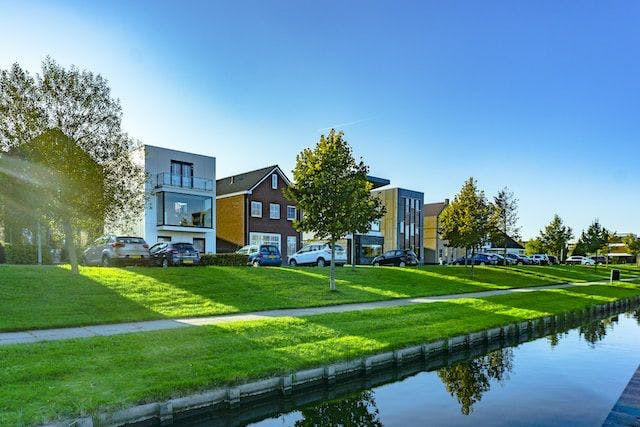Buying a property is a significant milestone in anyone’s life. It not only represents a major financial investment but also holds the potential to become a place where new memories are made, family and friends gather, and you find peace and contentment.
With such importance attached to this decision, it is crucial to consider every aspect of property buying carefully. Don’t you agree?
While researching the property and understanding its market value are often recommended, there are additional inquiries that should be made before finalizing your decision. In this article, we will explore the top five questions you should ask the seller when buying a property, ensuring that you are well-informed and confident in your investment. Let’s begin!
1. What Is The Property’s History And Condition?
Understanding the history and condition of the property you are interested in buying is essential to make an informed decision.
Learn about the property’s age, any recent renovations or repairs, and the presence of any structural issues. In addition, ask the seller or developer about the property’s maintenance history, including details about plumbing, electrical systems, and any other significant features.
By asking these questions, you can assess the property’s overall condition and anticipate potential future expenses. It’ll also help avoid sudden issues after you have moved to the property and lower your financial burden as well.
2. Has A Phase 1 ESA Report Been Conducted?
A Phase 1 ESA (Environmental Site Assessment) report is a comprehensive investigation conducted to check the potential presence of harmful substances or environmental contamination on a property.
In simple terms, it’s an environmental due diligence process that examines factors such as past land uses, nearby environmental hazards, and current compliance with environmental regulations.
By learning about this report, you can determine if the property suits your needs and avoid potential environmental liabilities. Thereby, you can prioritize your family’s safety and health before investing.
Note: If Phase 1 ESA is not conducted, but you still wish to buy the property, then it’s your responsibility to conduct it. You can connect with environmental professionals trained under ASTM standards for this purpose.
3. Are There Any Pending Or Previous Legal Issues?
Last but not least, you probably don’t want to get associated with a property with legal disputes or liens, right? It’ll not only lead to uncertainty regarding the property’s ownership but also contribute to future financial obligations.
This is, as a matter of fact, a significant issue that many property buyers overlook. Buying a property that’s in dispute can make you responsible for the outstanding debt upon acquisition. It can also restrict your ability to transfer the property smoothly in the future.
To avoid such complications and safeguard your investment, you must learn about the property’s legal status. It does not matter whether the property is available for sale; the latter issues can strain your finances and affect your decision. So, be careful!
To Sum It All Up
As the saying goes, “It’s better to be safe than sorry,” especially when buying a property. By asking the right questions, you can gather essential information and make the right decision. Nevertheless, keep in mind that buying a property is a significant decision, so take your time and be 100% sure that your final decision will protect your interests in the long run.


Comments are closed.